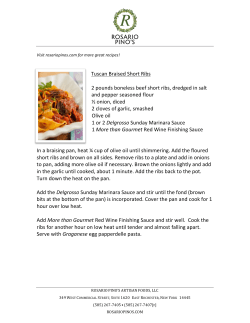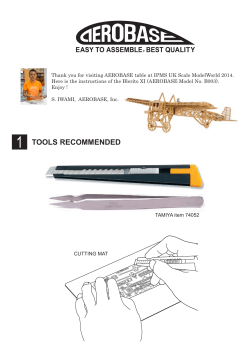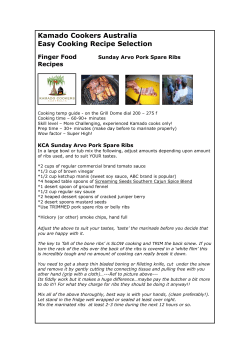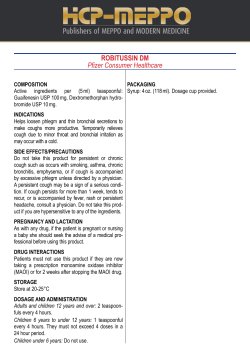
Broken Ribs
Broken Ribs Points to Remember Broken and fractured ribs are the same thing, one is not more severe than the other Broken ribs can cause pain when you move, breathe and cough It is important to take regular pain medication What are broken ribs? Broken ribs usually occur after a blunt injury to the chest. For example a car accident or fall. They can occur with other injuries to your lungs and body. You may hear your rib injury described as “broken ribs” or “fractured ribs”, these things mean the same, one is a medical term and the other a lay person term and one isn’t any more serious than the other. What problems can occur with broken ribs? The most common complaint you may experience is pain when moving, breathing or coughing. If you cannot walk around, sit out of bed, or Broken ribs on right breathe deeply due to pain, your lungs are prone to collapse and you side of chest are at risk of developing a chest infection or pneumonia. If you develop an infection or pneumonia, you may have a longer stay in hospital and require an increase in your level of medical care. How are broken ribs treated? Deep Breathing In most cases broken ribs usually heal on their own and do not need strapping and only very occasionally do they need an operation. During healing, you will need to take regular pain medication so you can walk around, breathe deeply and cough effectively to allow you to expand your lungs and avoid infection. If it hurts to take a deep breath, to cough or move around, then you need to take more pain medication. More than one type of pain medication can be taken to assist in reducing your pain. These will be prescribed as a regular dose i.e. every 8 hours with extra medication if you need it in between. If your pain is not well controlled, you may be referred to doctors and nurses who specialise in pain management (Acute Pain Service). If you are still unable to do the activities described above, please let your treating team of doctors, nurses and allied health staff members know. Please complete these regular breathing exercises to assist in your recovery. Take 5 slow deep breaths in, holding for 2-3 seconds each Have 1 strong cough (using a folded up towel to support your fractured ribs) Repeat 3 times every 2 hours Page 1 of 2 Broken Ribs How can I prevent complications? You can help prevent the complications of broken ribs by doing the following: Take your pain medications regularly as prescribed. Complete your deep breathing and coughing exercises as instructed by your physiotherapist, nursing staff and medical team. Support your chest when coughing with a rolled up towel/pillow if you need to clear phlegm/secretions from your chest. Spend as much of the day as possible sitting out of bed and going for regular walks. Actively participate in your activities of daily living in hospital and when you go home. Tell your nurse if you are not able to move around, take a deep breath and cough due to pain. Supporting ribs coughing Stop smoking. This will aid wound healing and the health of your lungs. Eat a healthy diet and include protein at each meal (e.g. meat, fish, poultry, eggs, dairy foods, nuts, legumes) to assist with bone healing. See your doctor (if at home) if your condition is not improving over time. When can I expect to begin normal activities? Your body will heal most broken ribs in 6-8 weeks. The pain will be worst for the first 2 weeks and should improve day by day. However, sometimes the pain can last for up to six months. If you have no other injuries, you may go back to normal activities when you feel you can safely perform them with minimal pain. However, this will depend on the type of activity you undertake and the advice given from your doctor. Who can I contact when I get home if I am not getting better? If you are experiencing the following symptoms you should seek help from your GP or the RMH emergency department. Increased pain at the site of injury Fever (temperature more than 37.5 C) Coughing up of yellow thick sputum (mucus) Generally feeling unwell Shortness of breath Contact Practitioner / Patient notes The nursing staff of department ___________________ are more than happy to discuss your concerns. Phone: (03) 9342 7000 Trauma Service | TRM04.05 | Advisory Committee on Trauma | Review Date: July 2014 Page 2 of 2
© Copyright 2025















